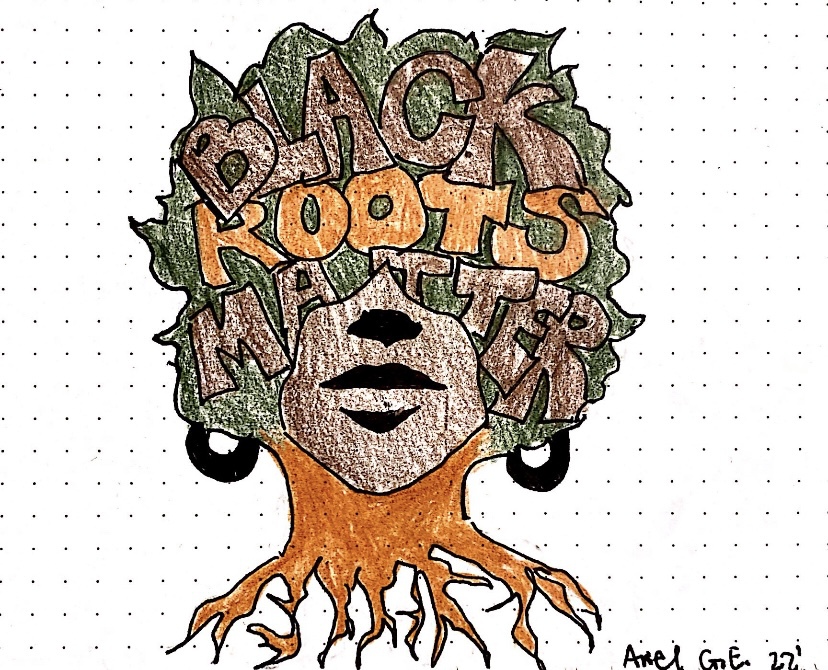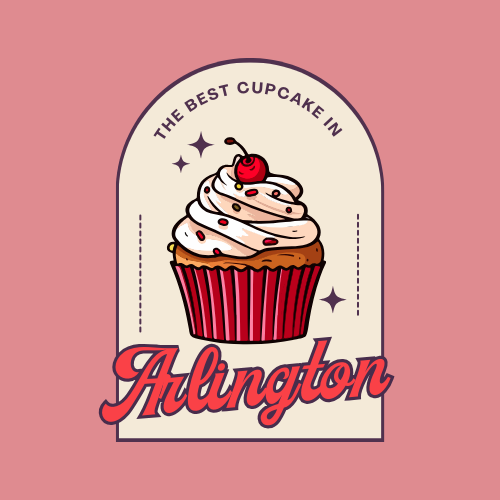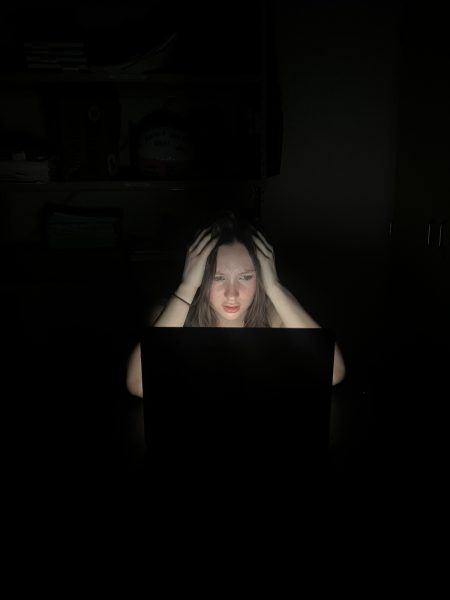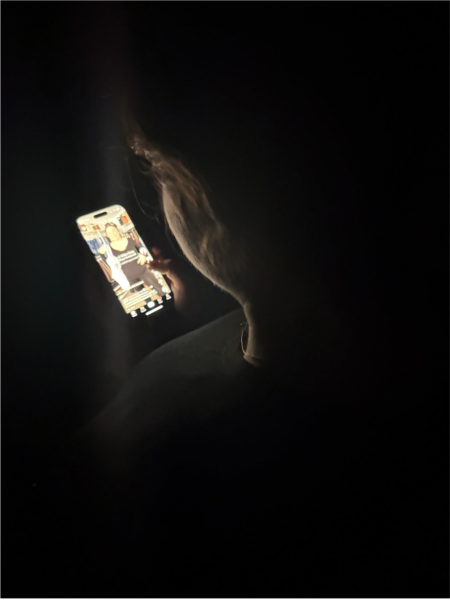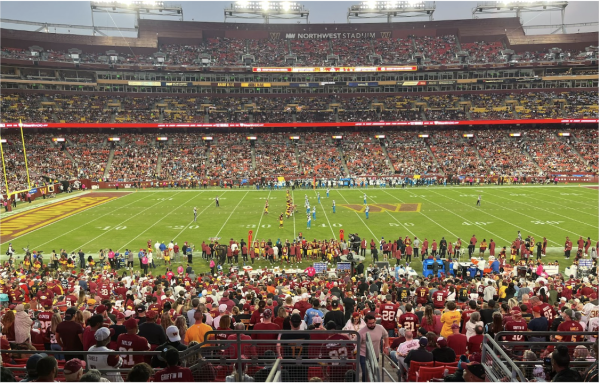Black Validity
America has come far in giving Black people a voice, but there is much more to be done to give Black history a sufficient place in society
It began as a way of remembrance. Remembrance for those who were not only a part of American history, but leaders in many regards. Some were brought to the United States against their will and some came of their own accord, but all made an impact on this country. They are the Black Americans, whose history is honored every February. It is important to not only take part of Black History Month, but to reflect on it and continue to support black people.
It began in 1926 with only a week, known as “Negro History Week,” coined by Carter G. Woodson. This was monumental in that it established an annual celebration of black history, finally an official validation of their contributions. This was pushed further by black educators and students at Kent State University in 1970, becoming the month celebrated today.
Initially, Black History Month was not taken very seriously by the general public. There were many who didn’t even acknowledge its existence, and celebrating it was easily avoidable since it was not so ingrained in American culture. However, over time the month has become more widely recognized, so much so that many large corporations such as Amazon take part in the month by highlighting black entrepreneurs and offering scholarships to Black high school seniors. Despite how much the observance of the month has grown, there are still many who do not participate in or agree with it. The idea of Black History Month was not something that has struggled simply due to racism. Even today, its existence creates much controversy, some feeling that one month is inadequate and could give people the wrong idea. The month is important, yet it is also important to realize that the job is not done after one month of supporting Black people.
“You should not be confined to the 28 days in February,” senior Liana Tadesse, president of Black Lives Matter Club and the Black Student Union, said. “There are 365 days and you should be using each and every one of them to support Black people.”
Despite the fact that the one month timeframe has its faults, it can also be very beneficial for spreading awareness of the importance of Black history.
“When they think of our history, it’s kind of a history of oppression,” Tadesse said. “Black History Month is so much more than that. It’s about joy, it’s about passion, creativity and just so much more that Black people have to offer. I do think during these 28 days it’s important to realize that Black authors [and filmmakers] are important.”
Although Black people have added so much to America, a place that could hardly be called America without their contributions, this is not always reflected in the average education of American students. Some big events are taught in history class, but other than that, the Virginia Standards of Learning for History and Social Studies do not do much to acknowledge Black people in every facet of society at the same level of White people.
“I feel like the only class [Black history is] ever addressed in besides occasionally English is history, and I feel like in history it’s just a lot of focus on all of the bad things like slavery and Jim Crow and all of the terrible racism and descrimination that’s in America’s history,” junior and member of Black Lives Matter Club Lily Odenwelder said.
It should be noted that the Virginia Standards of Learning do not stipulate the teaching of any specific texts for English since those decisions are made at the school and district level, however there are standards for history in relation to Black Americans. Though it is not just the way the classes themselves are taught, but also the culture of schools that creates erasure issues for black students.
“There definitely do need to be more Black teachers in Arlington Public Schools (APS) and W-L,” Tadesse said. “But student body wise, I definitely don’t feel represented, especially in my classes. I kind of feel as if I have to put on this persona, the articulate, smart black girl, and I don’t want to have to code-switch every time I go into a classroom. I want to be myself in every classroom setting, but a lot of the time that’s not the case because I am the only one. You don’t want your white counterparts or classmates to look at you a certain way or make you feel as if you don’t belong there even though you are just as smart as them.”
Because of the lack of Black people in the school’s environment, especially in AP/IB classes, there are some teachers putting in extra effort to educate students in APS about Black history. One such teacher is Ms. Antionette Dempsey-Waters, a teacher at Wakefield who won Mount Vernon Teacher of the Year in 2019 for creating an African American history course for Virginia. The course is now being offered at more than a dozen schools in Virginia, including ours. This seems to be a ray of light in the education of young people on this subject, and will most likely only continue to grow and become a more developed course.
In addition to efforts from teachers, many Black students have banded together to create their own community that they can feel relaxed in.
“I’m part of the Black Student Union and I like being part of that group; that group gives me comfort to be part of it,” junior Cecilia Fosso said.
Clubs like Black Lives Matter, though, welcome those of every race to take part in helping lift each other up and supporting Black people. It is all about educating people on discrimination against Black Americans and what they can do to help.
“I was like, ‘I just need someone to tell me what I can do to be the best ally that I can be and so I feel like the first step would just be [to] join Black Lives Matter Club,’” Odenwelder said. “If you want to join Black Lives Matter Club, it’s a community of people just trying to help people become better allies and better advocates, so I think that was definitely a great step that I took and that I’d recommend for other people.”
The Black Lives Matter movement has gained a lot of momentum in recent years, and especially this past year with the murder of George Floyd and the focus on police brutality against Black Americans. With how extremely relevant the movement is this year in particular (though it has always been relevant), it has had some significant impacts on Black History Month.
“Black Lives Matter has been around since 2013 since Trayvon Martin was murdered, but I think the recent support in Black lives has definitely impacted Black History Month in 2021, just because I feel like people are a little more aware of the struggles that black people face and how systemic everything is,” Tadesse said. “Not just on the oppression side, but I feel like people are more open to Black creativity and supporting Black authors, Black everything.”


